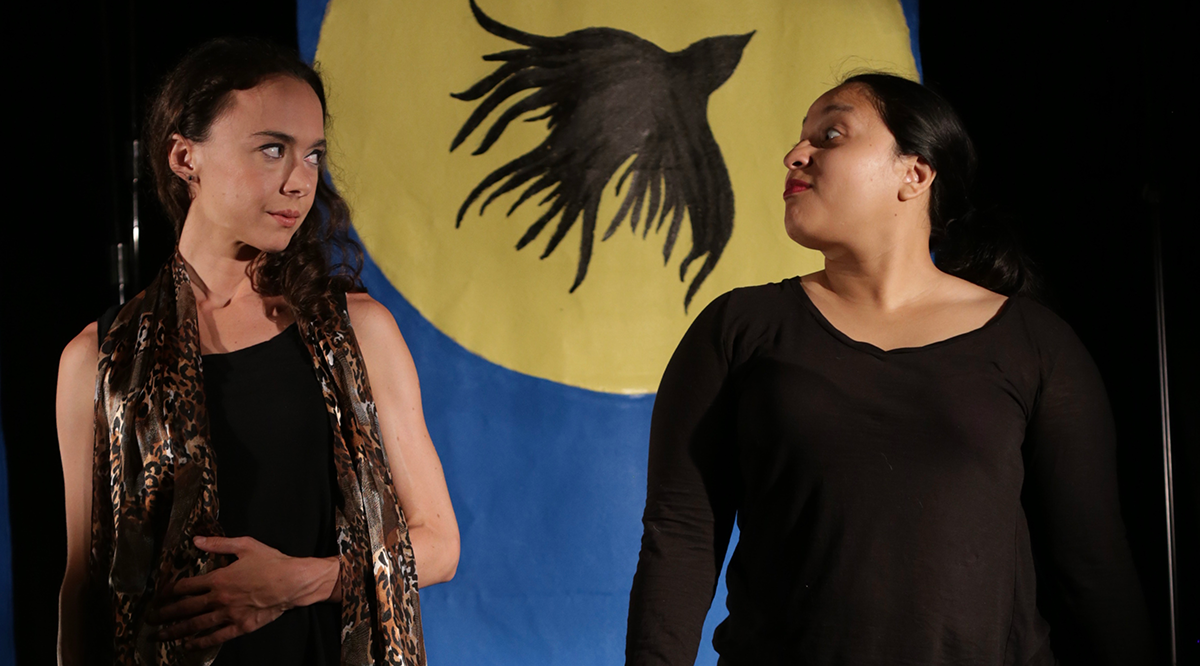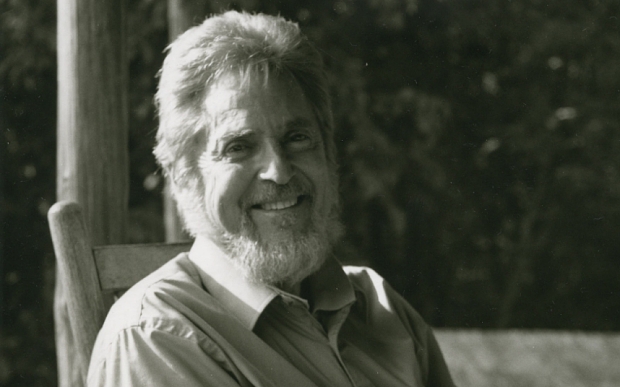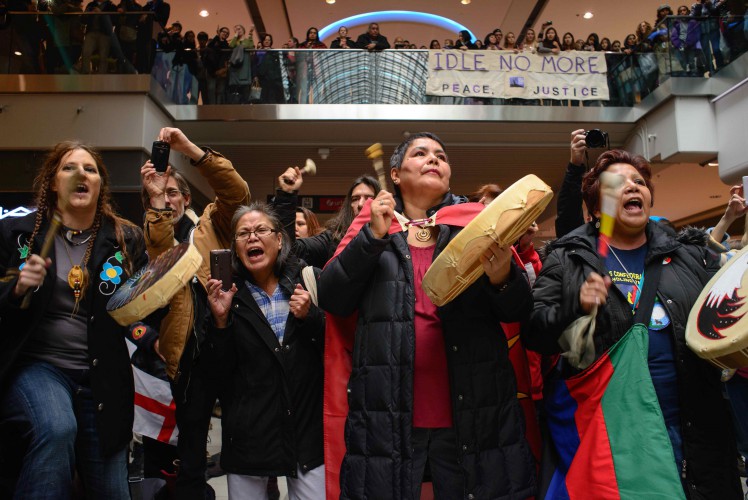Still Point Theatre bears witness to the scourge of human trafficking in collaboration with activists, artists, educators, and law enforcement.
Chicago-based Still Point
Theatre Collective produces plays that raise consciousness around
issues of peace and justice, and “celebrate the beauty and resilience of the
human spirit.” Their most recent touring show is The True Cost,
written by Chicago playwright Jenny Magnus. Based on interviews with
survivors of human trafficking and the people who support them, The True
Cost takes a hard look at sex- and labor-trafficking in the US and
around the world.
This past month I had the chance to interview Nate
Smith, an actor in the play as well as the booking agent. Nate shared his
thoughts on the play’s relevance and the role of theatre in the movement to
end human trafficking.
Cultural Organizing: How did this piece come about, and how did Still Point come to be involved with it?

Nate Smith: For a handful of years, the Still Point Theatre staff had been contemplating the creation of a play on human trafficking. In the Fall of 2013, the current Managing Director, Ben Gray, and the Founder/Artistic Director, Lisa Wagner-Carollo, became friends with Anti-Trafficking Activist Ivan Velasco. Through their friendship with Ivan, Lisa and Ben would hear frequent updates of his work — and their vision for the new play crystallized.
They shared with Ivan the vision for the project, and the three of them formed a committee to bring the project to life. In December of 2016, Ivan, Ben, and Lisa gathered with ten other Still Point friends, supporters, and staff to create a vision for the play. After this visioning session, the project gained momentum. Then, in December of 2017, Lisa asked Chicago playwright Jenny Magnus if she would consider writing the script. The committee was thrilled when she accepted. Jenny began, immediately, conducting interviews with Trafficking survivors and activists. The play was cast in August of 2018 and opened in November of that same year.

Why is this play something that needs to exist right now, in this context?
Human trafficking is the second most profitable crime in the U.S. after only the trafficking of drugs, yet is nearly unheard of. Most police departments do not have a trafficking unit or any way to look for it in their communities. The level they do interact with is usually through imprisoning the victims of sex trafficking, but sex is only one aspect of how slavery is still a thriving business in our world. Many of our products and local businesses like nail salons rely on some from of coerced labor, and this is regardless of how big or small your town is. It is everywhere. Federal efforts are not any more successful than local ones because it is an extremely difficult crime to identify, relying on victims to come forward who are either unable or unwilling. The first step to solving it is awareness. People need to know about this.
How would you describe the play in a few sentences?
The play is a 45-minute, dramatic presentation of interviews transcribed from real people mixed with scenes depicting how trafficking happens right under our noses. It is then followed with a panel discussion held by experts from the local community, law enforcement, educators, religious activists, who can field a discussion with the audience, answer questions, and give steps for acting to stop these horrendous crimes in your area.
“Many of our products and local businesses like nail salons rely on some from of coerced labor, and this is regardless of how big or small your town is. It is everywhere.”
Can you share a couple of things that you have learned from seeing and being involved with this play?
I knew next to nothing about trafficking prior to being involved in the play. All of the above details I mostly learned live during the panel discussions or from the play itself. I learned it is much more ubiquitous than I could have imagined, and I have also learned that theatre can be a powerful tool to inform and inspire change.

What do you see as the value of engaging with this topic through theater? Or, asked another way, what is the role of theater in the larger movement to end human trafficking?
Theatre is naturally empathy-inspiring. When someone is standing before you saying “this happened to me” or you are literally watching someone being approached in a dance club by someone offering a “modeling gig,” you react in ways you simply won’t to other forms of information — to screens, or text, or lectures. It is not strictly information being disseminated. Think of watching someone get hurt versus hearing or reading about it. Entirely different experiences. Theatre, on the other hand, is not real. It is not watching someone actually being hurt. Though you get a similar impact of being a live witness, you do not get the trauma with it that can make you shut down. Even hearing live testimony from people who have experienced it has a different effect. Theatre is the middle ground between direct experience and information. Following the play with a panel discussion takes the empathy struck by live performance and puts it into an actionable context with members of your local community.
How can people bring this play to their cities and towns?
Contact Nate Smith at stillpointtheatrebooking@gmail.com


